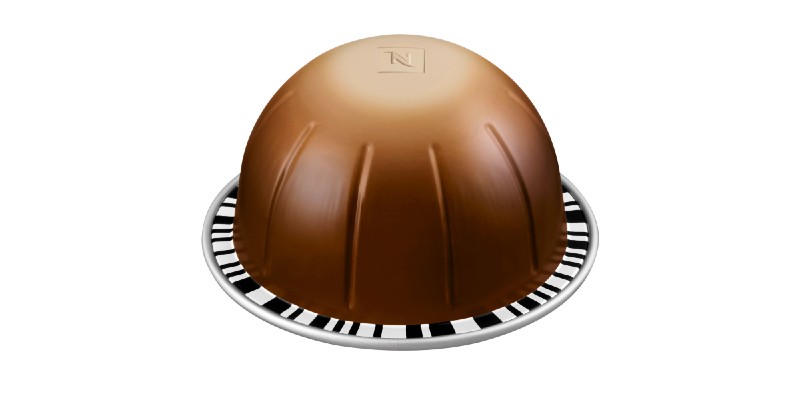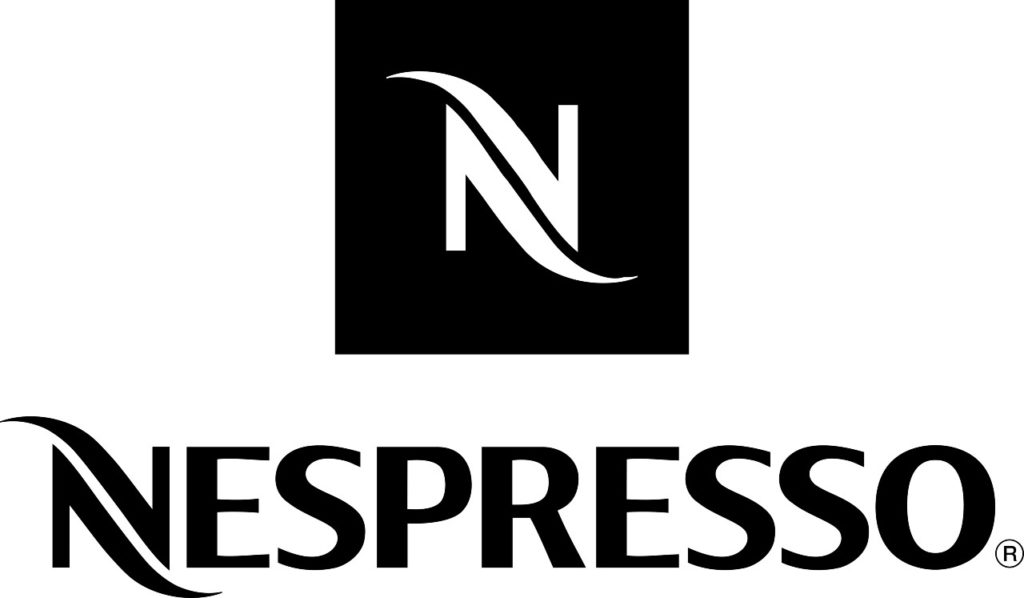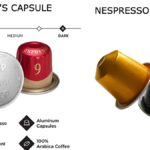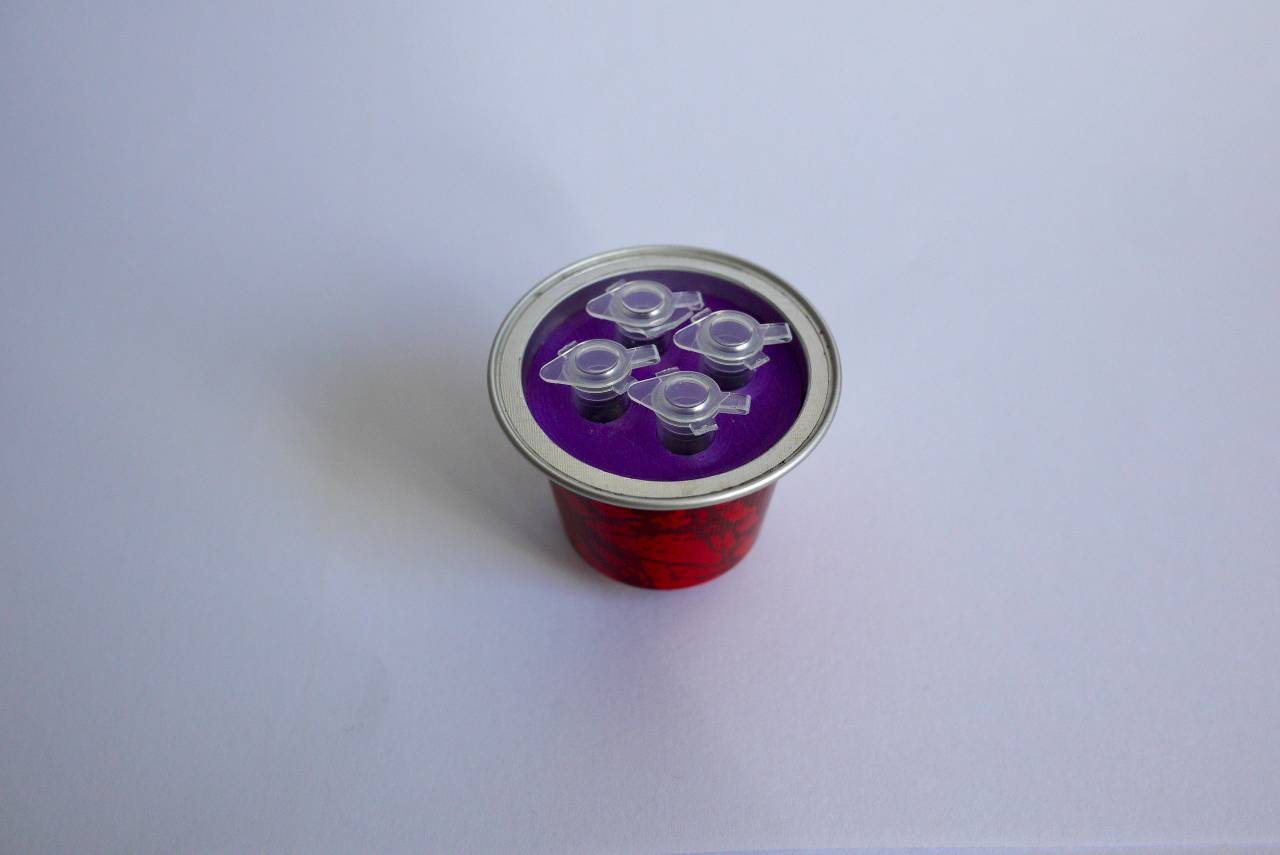Nespresso USA found itself at federal court in Los Angeles after German company K-fee System GmbH filed papers alleging patent infringement. K-fee System is owned by instant beverage company – Kruger GmbH.
The nature of the allegations appears to surround the barcoding on the capsules themselves which instruct the machine how to extract the coffee for that particular capsule.

Nespresso commented on the case that the allegations are ‘completely unfounded’ and that the company would ‘vigorously defend’ their right to the technology in court.
You may not have heard of K-fee, but in 2012, the company partnered with Starbucks to bring capsules to the US as well as a range of espresso makers in 2019.
Nespresso themselves moved from the original design without barcodes to the new design in what they refer to as the Vertuo system, in part because they said the capsules could each contain instructions to the brewing device that would tell it how to perform the extraction.
This allowed a single design to intelligently determine whether a capsule should extract as an espresso, latte, americano, etc. and adjust the brewing accordingly. The barcode on top of the capsule that is read by the machine appears to be at the centre of the dispute.
K-fee will claim that this technology has been a substantial factor in the success of the machine, which has a very small market share in the US, but a dominant market position in Europe.
It wasn’t immediately clear if the patent was filed in the US, or elsewhere, such as Germany. Many European patents are more difficult to obtain because they require a higher standard of demonstrating innovation. This sometimes makes them more defensible compared to US patents, which have a lower bar to be awarded.
In addition, for the same reason, a patent awarded in the UK may be accepted in most countries worldwide, but a US patent may only be applicable to the US market. If Nespresso is found at fault, they may claim that damages should be limited to the US market, which will be significantly smaller than if the finding was applied to their worldwide revenues from the system.







